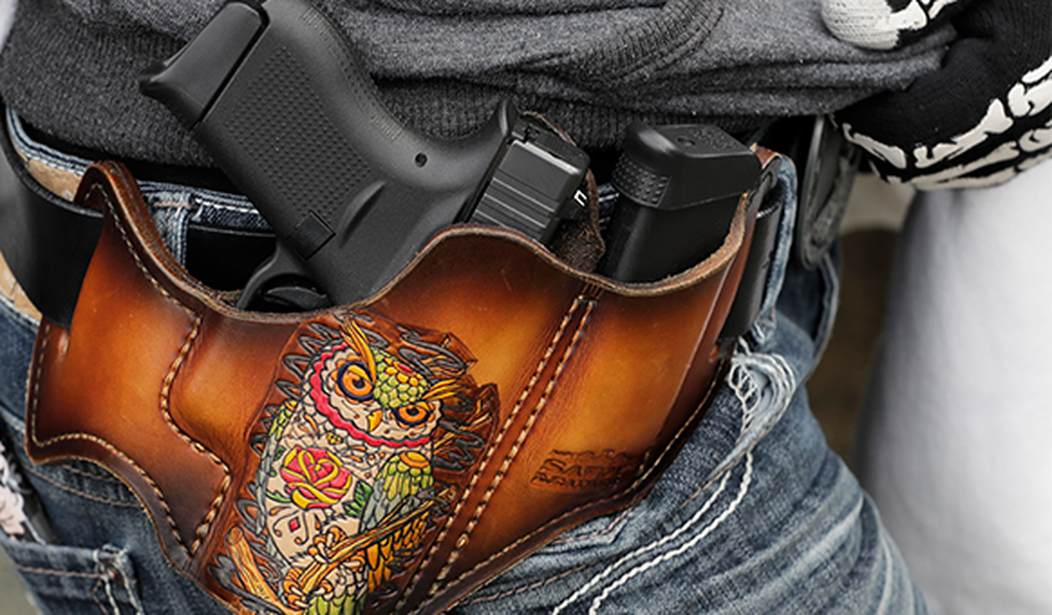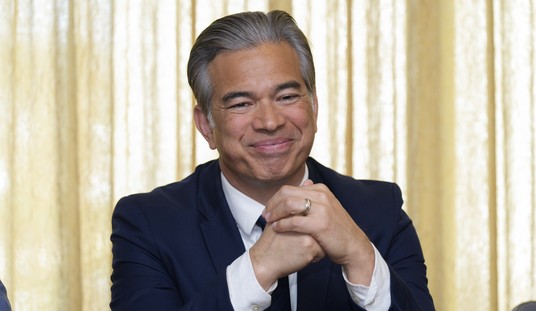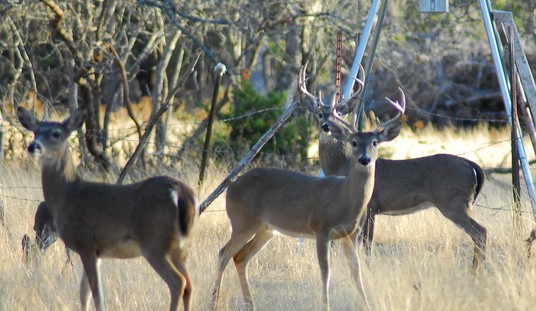In most people’s minds, the people who are the most highly trained in how to handle a firearm are the military and police officers. It baffles them to learn that most people in the military have remarkably little exposure to firearms and even those in combat arms don’t attain true expertise with their weapons. Police officers aren’t much better, really. While they receive some training in the academy, it’s surprisingly limited. After an officer is out on the streets, there’s even less of it.
A couple of days ago, I came across a story about how “gaps” in police officers’ training has had deadly consequences. It’s a concerning problem, to be sure, because so many of these issues really do look to be training issues.
When an Iowa mother tried to take her child from her husband during an argument on a snowy sidewalk in 2015, an officer stepped in to stop the scuffle, but he accidentally fired his weapon as a dog approached. The bullet went through the woman’s arm and into her chest, killing her as her family watched in horror.
When a Minnesota sergeant stopped a motorcyclist after a 2015 high-speed chase, he stepped out of his patrol car with his firearm drawn, flush with adrenaline, and accidentally shot the man in the arm.
This last one reminds me of the story of a young man named Wesley Beaver. Beaver was pulled over because his vehicle matched the description of one used in a reported burglary. Beaver wasn’t involved, but the officer didn’t know that at the time he pulled the young man over. The deputy exited his vehicle with his weapon drawn. He then shot Beaver, killing the young man.
This supposed “training gap” is real, and it’s a problem.
It’s also a problem for the armed citizen.
You see, when we carry a gun, those who oppose us doing so will argue that we’re not as well-trained as police or the military. This, of course, despite the fact that many of us are veterans or have served in law enforcement previously. However, the argument will persist, and for good reason. After all, most of us probably haven’t had that kind of training required of us.
Where there’s a difference, though, is that we often don’t satisfy ourselves with just meeting a minimum standard. We don’t complete a course and call it good. We routinely work to sharpen our edge. We hit the range regularly. We read about self-defense shooting so we can learn about them. We study what went right and what went wrong. We wargame scenarios and try to determine how best to increase both our survivability and minimize mistakes.
Simply put, we put more into it than many police officers.
Don’t get me wrong. I know plenty of officers who train as hard, if not harder, than the most dedicated armed citizen. They know it’s an aspect of their job and they take it seriously.
Yet not all of their colleagues do.
Perhaps more troubling, though, is how some will use these instances to attack armed citizens. They’ll attack us because we’re not the “highly trained officers” and thus can’t be trusted.
To those people, I ask to show us the stories of armed citizens making these kinds of mistakes. They’ll be hard-pressed to find them. Now, part of that is because we’re less likely to end up in that boat, but also because we tend to take the responsibility as a sacred duty and not just an aspect of our jobs. We view it differently because it is different.
So go and hit the range this weekend. Take a class. Buy a video. Do something to increase your knowledge and work on how to respond better in an armed confrontation.








